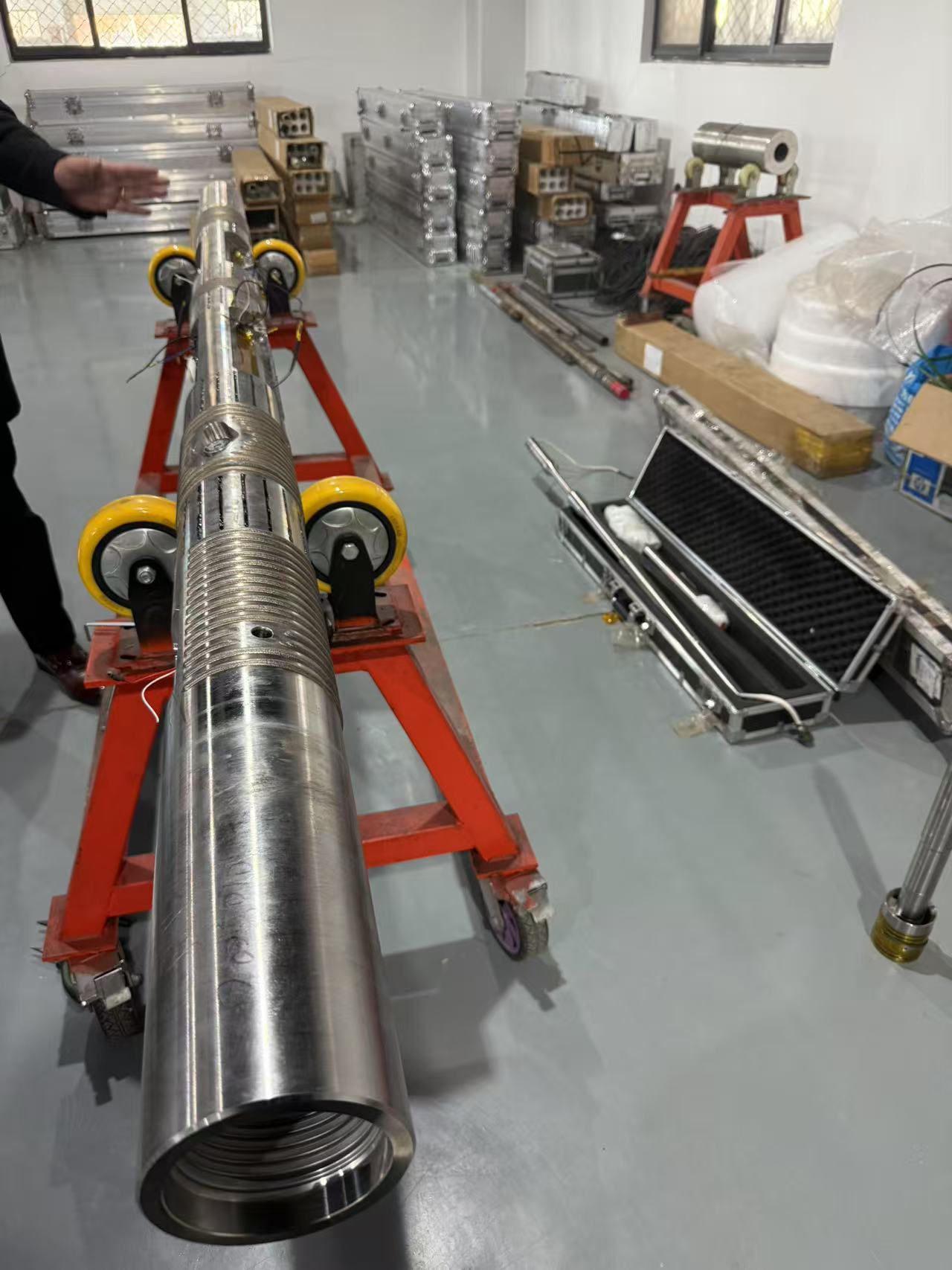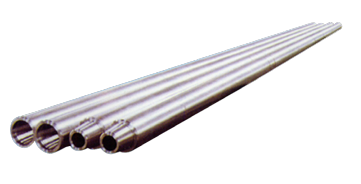1. Eliminating Magnetic Interference
Earth Magnetic Field Measurement: A core function of MWD systems is to measure the wellbore’s azimuth (direction) in real time, which relies on magnetometers detecting Earth’s magnetic field. If the drill collar is made of magnetic materials (e.g., standard steel), it generates its own localized magnetic field, causing significant deviations in magnetometer readings.
Role of Non-Magnetic Materials: Non-magnetic drill collars are typically made of low-permeability alloys (e.g., Monel, stainless steel, or beryllium copper), which minimize interference with Earth’s magnetic field, ensuring accurate magnetometer measurements.
2. Ensuring Reliable Electromagnetic Signal Transmission
Electromagnetic Wave Requirements: LWD systems transmit downhole data (e.g., formation resistivity, natural gamma) to the surface via electromagnetic waves or pulse signals. Magnetic materials can absorb or distort these signals, leading to attenuation or data loss.
Electromagnetic Transparency: Non-magnetic materials cause minimal disruption to electromagnetic waves, maintaining signal stability and integrity.
3. Mechanical Compatibility
Proximity to the Drill Bit: MWD/LWD tools must be positioned close to the drill bit (within the drill collar) to capture real-time drilling dynamics and formation data. Non-magnetic collars offer mechanical strength and corrosion resistance comparable to standard collars, withstanding high pressure, temperature, and vibrations during drilling.
Isolating Drill String Magnetic Effects: Standard steel drill pipes accumulate magnetic interference along the drill string. Non-magnetic collars act as "isolators," blocking this magnetic coupling.
4. Enhancing Directional Drilling Precision
Real-Time Adjustments: In horizontal or complex wells, directional control depends on accurate inclination and azimuth measurements. Magnetic interference can cause azimuth errors (e.g., deviations of several degrees), potentially steering the wellbore off target.
Magnetic Quiet Zone: Non-magnetic collars create a magnetically "clean" environment, ensuring MWD magnetometers respond solely to Earth’s magnetic field.
5. Addressing Challenging Formation Conditions
Magnetic Formations: Some formations (e.g., iron-rich layers) are naturally magnetic, amplifying interference. Non-magnetic collars reduce this compounding effect.
Simplified Data Processing: Using non-magnetic collars minimizes the need for post-processing corrections related to drill string magnetism, improving computational efficiency.










